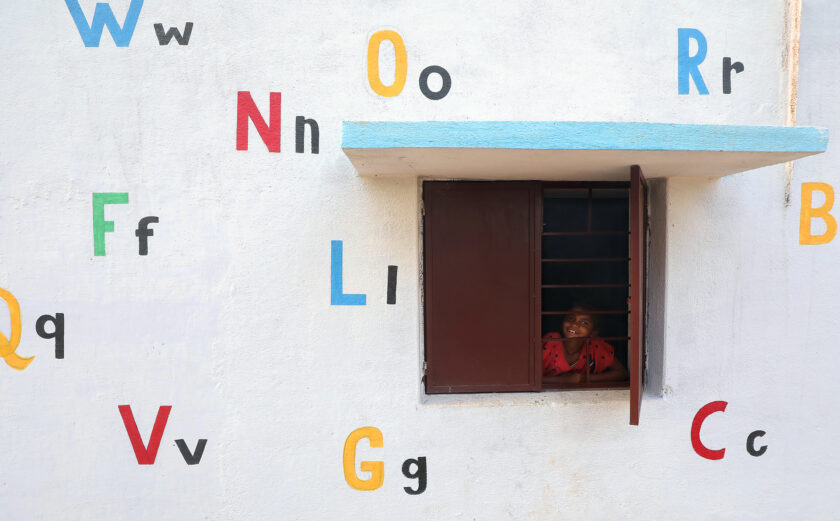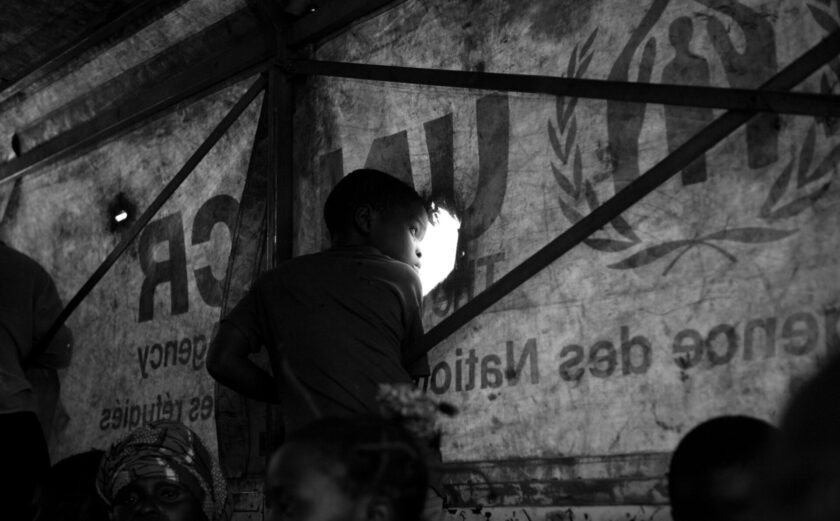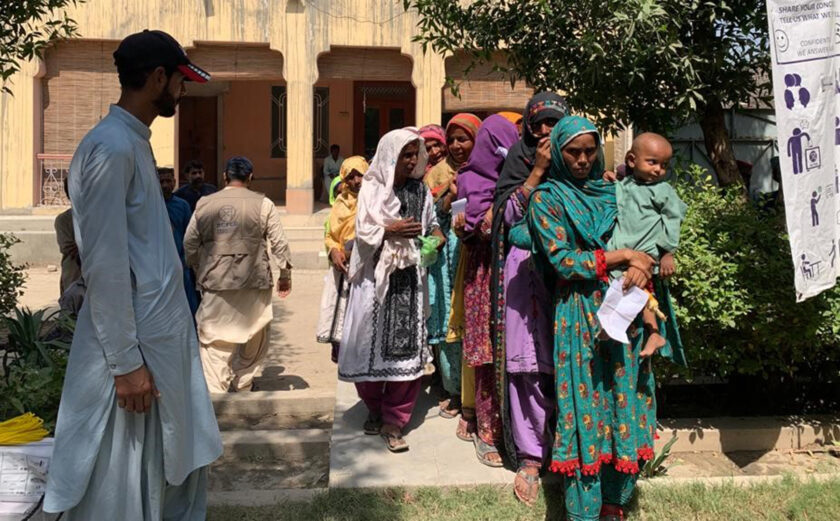Migrants and Refugees Do Not Bring “Exotic” Communicable Diseases to Countries
Related Updates

Global Development
An Intersectoral Approach to Mental Health and Psychosocial Support
Conflict and violence around the globe have left about 47.2 million children displaced, 15 million of which are refugees. Of those 15 million children, 40% are out of school. The effects of displacement can be severe and far-reaching, impacting children’s mental and physical health as well as cognitive development, with significant follow-on effects on learning outcomes.

Elana Banin
Oct 2, 2024

Global Development
Prioritize the Mental Health of Refugees
The number of people forced from their homes due to persecution, conflict, and violence has now reached an estimated 103 million. Exacerbated…

Giulia McPherson
Apr 17, 2023

Humanitarian Coordination & Practice
From Policy to Practice: Mental Health and Psychosocial Support Services in Emergency Settings
Adults are nearly three times more likely to develop mental health conditions in conflict settings, with 22% likely to experience depression, anxiety, post-traumatic stress…

Hifzah Malik
Nov 28, 2022

Crises & Countries in Conflict
Periods Don’t Stop When Disasters Occur
The recent flooding in Pakistan was unprecedented—affecting 6.4 million people and damaging or destroying over 1,400 health facilities in the Balochistan and Sindh…

Hifzah Malik
Nov 1, 2022